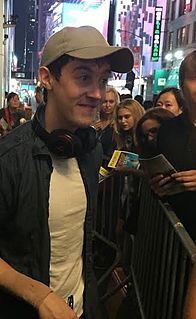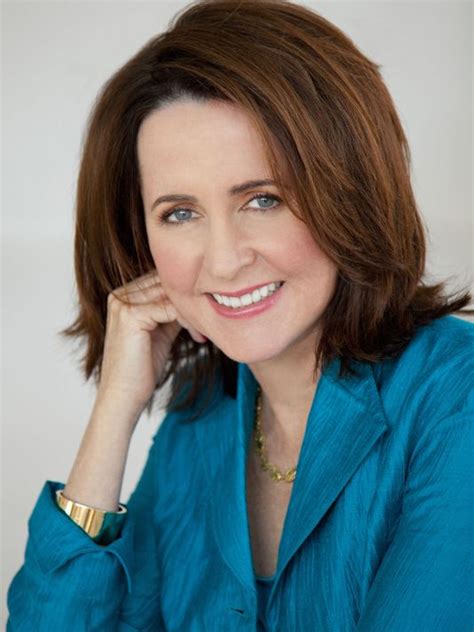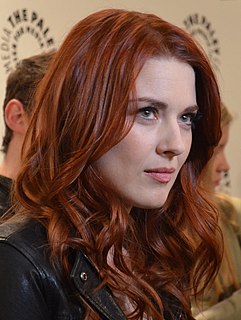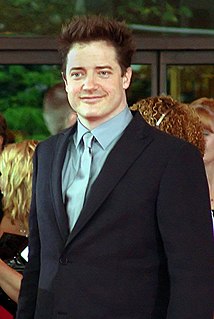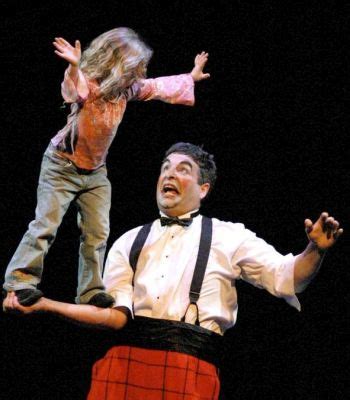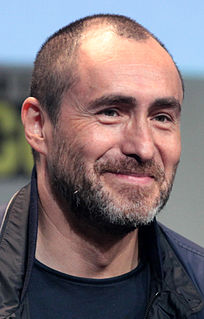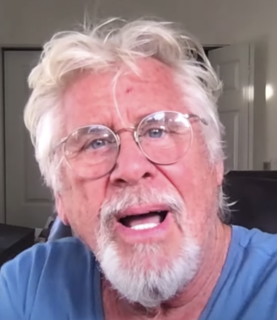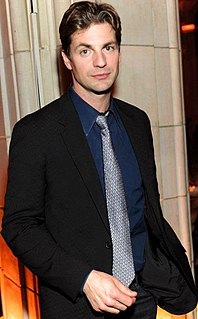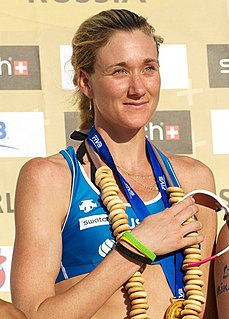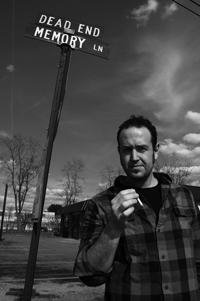A Quote by Alex Sharp
As an actor, I've been taught to just stay with your scene partner, and whatever they do, let it affect you, be spontaneous.
Related Quotes
The acting background helped a lot when I started writing. I was training for it. In acting class they teach you about the stakes in a scene (and) what motivates characters. When you bring a scene to class - as an actor with your scene partner - you have to do everything. There's no producer, set decorator or anything like that. You and you partner have to do everything and that's kind of like facing the blank page as a writer.
While green-screen work, find a way to stay true to whatever it is that it takes to act a scene out, and make sure that you use your imagination as best as you possibly can, still stay loose, and still allow yourself the liberty of doing what you need to do as an actor, and then work within the confines of what is actually possible.
You are preparing yourself for a scene, and the most important thing is to remain emotionally available and remain in the moment with your scene partner. You don't want to let your own self-consciousness block the flow of creativity that's coming out so that you can act and react, and play what the scene is all about.
At the point when I switched from indoor to beach I had been playing indoor for 12 years. And, to be honest, to make a living indoors you have to go overseas. I am such a family girl and just wanted to be home, so that didn't appeal to me. Misty May was looking for a partner, I was looking to stay at home, and the beach just came calling. And mostly I stuck with it because I loved the challenge of it, but also just the autonomy of it. It's two on two, just you and your partner, you're not one of the herd. And the lifestyle is unbeatable.
If you've ever been in a romantic relationship and you say or do something that hurts your partner and then your partner is upset about it, it doesn't actually matter whether what you did had the intention that your partner thought it did. What matters is that the emotions are real. You can't invalidate that.
If you feel like you're doing terrible in a scene, that usually means that you're not listening because you're too preoccupied with yourself... you're not listening to your scene partner. If you listen, you're naturally going to get that response that the camera's going to pick up because you just react.
I love performing. I love doing improv. It's a totally terrifying experience, but it's something that I've always felt so strongly about and that I'm kind of obsessed with. And just as an actor, it's a great exercise. It's a great playground, you know, to try things out and to work on your skills. Because the mandate of improv is kind of the same as acting: It's all about your scene partner, it's all about being present and in the moment and exploring together as a team, a collaboration.
